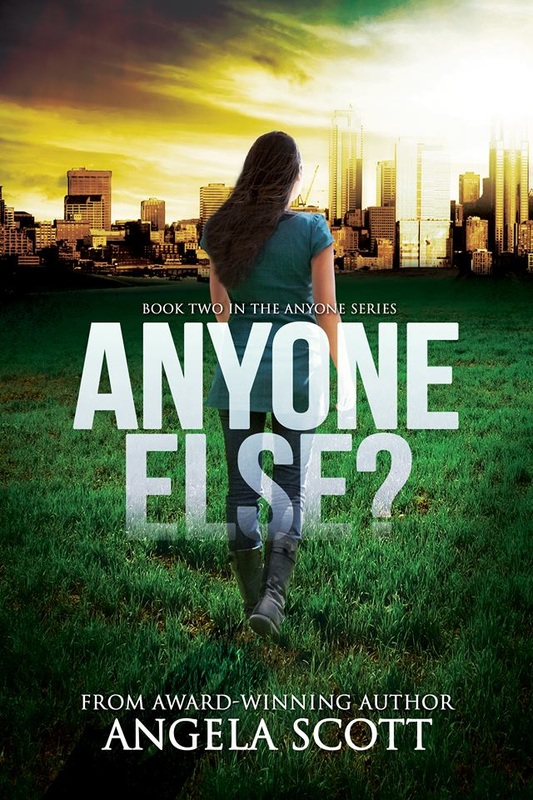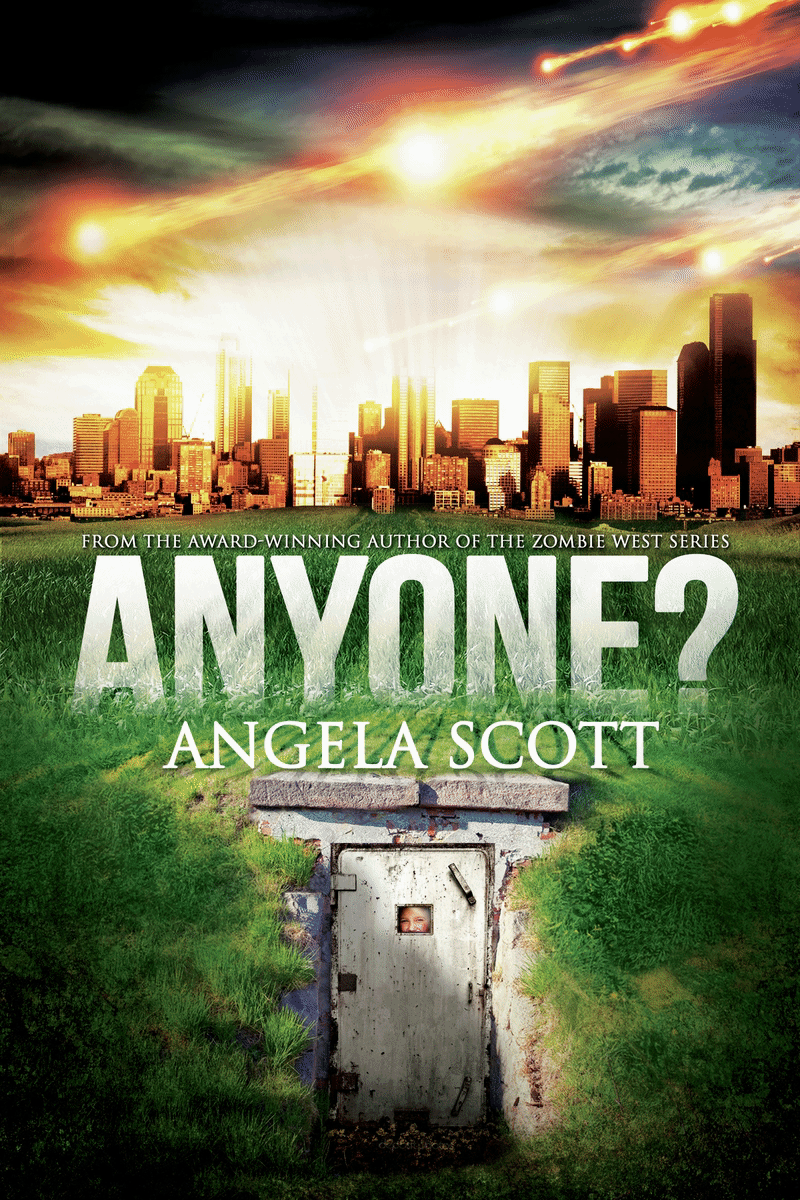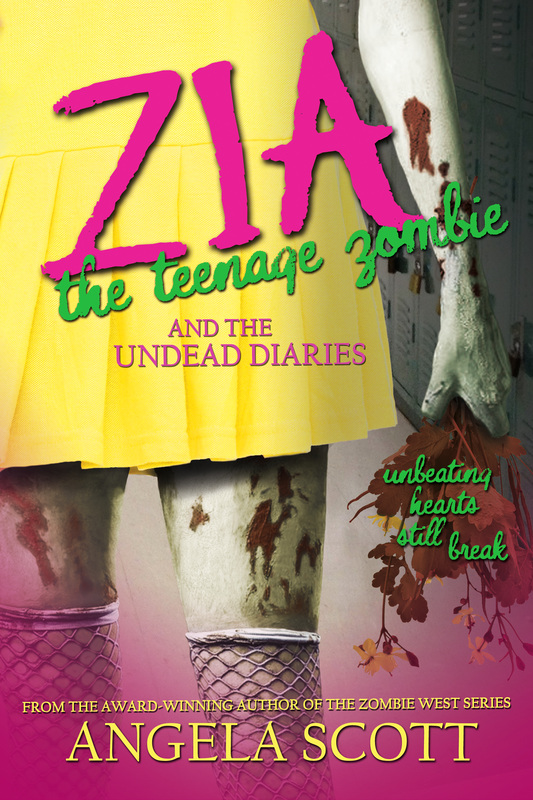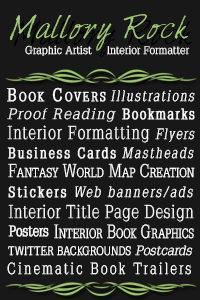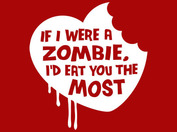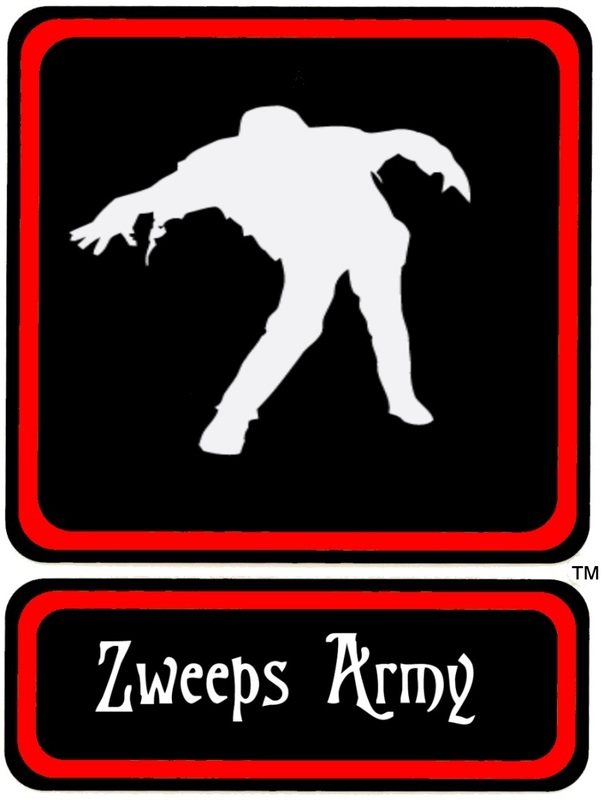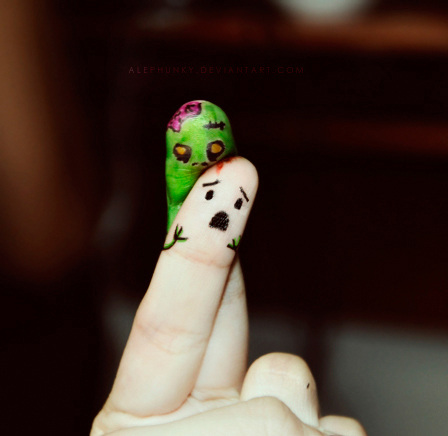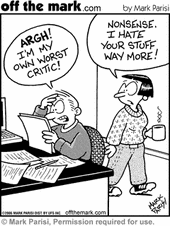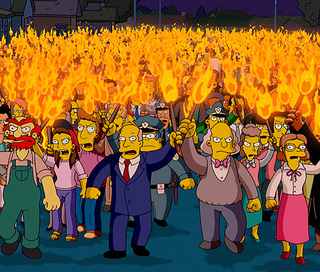 There was a time in which I would have NEVER read a self-published piece of literature. I admit, sad to say, I was a literary snob. I had heard the saying, “The great thing about self-publishing is that anyone can do it. The bad thing about self-publishing is that anyone can do it” and so I became leery of anything self-published for that very reason. At writer’s conventions, authors would set up tables with their self-published works and I would simply walk on by. Rude I know, but I felt justified in my smugness. Self-published, in my mind, was equal to crap. Before you throw rotten tomatoes or come after me with pitchforks or flaming torches, just realize, I’m not the only one who’s had these thoughts. Many people, those who plan to go the traditional route, tend to roll their eyes at self-publishers. This isn’t something new. This attitude has been around for a long time and it is still a battle that goes on today. The reason: A lot of self-published books look and read very amateurish. That’s the plain, hard truth. Lately, with the explosion of ebooks and the ability to self-publish them at such a quick rate, I’ve actually had the great pleasure of reading several ebooks by Indy authors, and I do say pleasure. I have been pleasantly surprised. The stories were great, and I’m honored that someone would give me the opportunity to read their work. I have yet to read a self-published story I disliked. That’s a good thing The bad thing: most I received for free. A few I paid 99 cents, but only a few. But if I had to pay $2.99 or more for these same books, I probably wouldn’t have. (Now you can throw your tomatoes if you like, but I hope you’ll read on and hear me out). I’m not a gambler and for me, if I’m going to spend $2.99 or more on an ebook, it had better be polished. Since there is no guarantee of that, I’m not willing to take that risk. And seriously, that’s exactly what it is—a risk, a gamble. Will I get a great book? Or will I get a book riddled with missing words, jumbled sentences, and mistakes that should have been picked up in the editing stages? Ebooks are exploding like crazy. Amazon sells for ebooks are higher than paperback and hardback book sells combined. It’s a crazy market. And the opportunity for self-publishing has never been greater than it is right now. The problem, it just makes it even easier to get a whole lot of crap into the market quicker. Now, the self-published books I read aren’t crap by any means. As I said, the stories were great. A few, I even wondered why they didn’t try their hand at the traditional route—they’re that good. I could see them on bookstore shelves. But even saying that, these books were still in need of more revisions and more editing. The sad truth of the matter, I fully expected these books to have issues with misspellings and typo’s. I went into it judgmental and with lowered expectations. And sure enough these books delivered the typos and mistakes just as I figured they would. Some books more than others. I would think, with the prejudice that self-publishing experiences, that someone contemplating that route would do EVERYTHING, going above and beyond what is even necessary, to prove people wrong and produce a perfect, polished piece of work. But they’re not. Why settle for mediocre? Why would you want to put your name on something that was anything less that the absolute best it could be? I guess I don’t get that. I do think self-publishing is a trend that is changing and shaping the publishing world for the better. Traditional publishers need to wake up, fix their broken machine, and realize they need to make some changes or authors will skip right past them—authors are doing that very thing right now. The gatekeepers are losing their control, which in some respects is a good thing. But if you plan on self-publishing or have self-published for that matter, make sure your work is as close to perfect as it possibly can be. Otherwise, you’re just feeding into the prejudice that is holding self-published works back, keeping it from being viewed as a respectable means of getting books into the hands of readers. Which is a shame. I would love to see self-published books start kicking traditional books behinds (oh, there’s a few out there, but not nearly enough). A couple of tips: 1) Don’t rely on yourself to edit your book. You can’t. It’s your baby and you will always think it’s beautiful. If you have the means, pay for a professional editor to do a line edit. They will catch things you will miss. They will provide you with ways and opportunities to improve your work. Why wouldn’t you want that? Now, I understand this can be pricey. I get that. I also understand some writers simply can’t afford it. Then either a) you wait until you can afford it or b) you find some really, really smart writerly friends to proofread your work and then you take their advice. And I’m not just talking one or two people here. I’m talking several. If you’re going to skip out on the professional editor, then you better believe you have your work cut out for you. You find the meanest person in your circle of writer friends, the most blunt, and you give it to that person to edit. Put yourself in the line of fire and take the bullets—this will make you better. I promise. 2) Get a great cover. Don’t judge a book by its cover, well, we do. People will look for any reason to diss your self-published work—don’t let the cover be the thing that keeps them from ever opening your book in the first place. If you can afford a graphic designer, do it. Again, pricey, I know. But it will be well worth it. Do what you can to make your book look as traditional published as possible—I’m sorry, but that is the standard. And DON’T have your name be bigger than the title of your book. You’re not famous. You can’t get away with that, so don’t do it. 3) Don’t forget your interior layout. This is important as well. There are rules for the way the interior of your book should look. Check out books. Look at the way they are set up. Look at the type font, page number placement, headers, etc… Again, it needs to look like the books you see on the shelves. 4) I think the most important thing to remember is not to rush your book. I know we get excited when we’ve worked so hard to complete a novel that we want to share it with everyone. Take your time. Be careful. Do your edits and rewrites. Because here’s the thing, once you put your book out there for the world to see, it’s hard to go back and fix the mistakes. Oh, you can. But people will remember and it’s hard to get them to change their mind once they’ve made their opinion. You only get to make a first impression once, so make it the best it can be. Check out this article. I think she makes some very valid points to consider. The Pit and the Pendulum By Cynthia Robertson of Self Publishing
13 Comments
I agree. I mean I have come across good epublished books but even they have some typos you would not expect to see in a traditionally published book. i think that if those who choose this route will do themselves and their books' good if they paid a proofreader/editor to polish their work up. I wonder why they don't do it already. I'm not saying all of those writers do the same thing, I'm just wondering if they can't just even find a friend who's a good reader and therefore skilled at noticing typos and grammar misuses. You know? This said, I commend you for your post, i like it. :)
Reply
krissee
5/25/2011 05:34:28 am
Very insightful. I can see both sides and can't help but agree how crucial it is to put your best foot forward with your published work.
Reply
I say, you put in what you get out. Editors are pricey for most of us, but a good one knows what they are looking for, they've seen other work. What if they point out something they've already seen before. Who knows what kind of nugget you'll get. Find a way to earn the money to pay for it. I know that in my writing league a copyeditor was willing to do payments and lower her price for league members. Good post. I still would like to throw rotten tomatoes at you, just for fun. Let's see how quick you can dodge 'em. Too bad tomatoes are so expensive now.
Reply
5/25/2011 08:46:02 am
I like your post. I agree 100% about hiring an editor. I made the decision to SelfPub just recently after researching the markets and comparing what a legacy publisher paid and how many books I would have to sell to make a living. That amount got my attention. What sold me was the complete creative control. I hired a professional artist. I have a diverse team of beta readers, none of which hold back their opinions and I am hiring an editor last to polish the manuscript. I get to choose the people right for me. I've always been the entrepreneur type anyway. I do strongly believe that SelfPub writers should try to reach the bar the big publishers have set.
Reply
5/25/2011 09:37:44 am
Hey, thanks so much for the mention, Angela. Nicely written article, too. Funny what a nerve the topic of self-publishing hits with writers.
Reply
Nice post, Angela! I think self-publishing, especially in the e-book market, is particularly alluring because it offers a chance to make significantly more money. You get all the profits and you can choose if you want to hire an editor or illustrator. I'm certainly not ready to make the plunge, but I can see the appeal.
Reply
5/25/2011 11:01:52 am
Excellent article, Angela. I had three different people reading my manuscripts before self publishing and unfortunately errors still seeped through. The hard thing for people breaking into self-publishing is finding a good proofreader that won't rip you off. Money is sometimes a factor also. The most any writer can do is their best with what they have.
Reply
5/25/2011 12:48:01 pm
Well said, Angela. You're right, this is a touchy subject lately. Change is scary.
Reply
5/26/2011 09:52:17 am
Hi :)
Reply
I had the same prejudices you did, but I've decided to go the self-pubbing route with a project close to my heart. I plan to have it done by year end. Having said that, you've written a good article here and the issues you mention come up time and time again.
Reply
5/28/2011 12:52:31 pm
My mother happens to be a book snob I have discovered. After reading your post, I was sitting by her when she said she needed new books to read on her Kindle. I said, "Try a self-published novel." She promptly told me no because they sucked.
Reply
5/29/2011 06:31:01 am
Such good points you make. It is a little scary to see how many books are being self-published. I have read one that was edited beautifully and one that, sadly, was so filled with errors, that it ruined my enjoyment of it. I have a self-published book but it was edited at iUniverse and I am very happy with the results.
Reply
5/29/2011 12:34:41 pm
I love when you talk about the good and the bad of self-publishing. I learn so much! I'm not at that stage yet, but it's never too early to start thinking about it.
Reply
Leave a Reply. |
Now Available!
|
